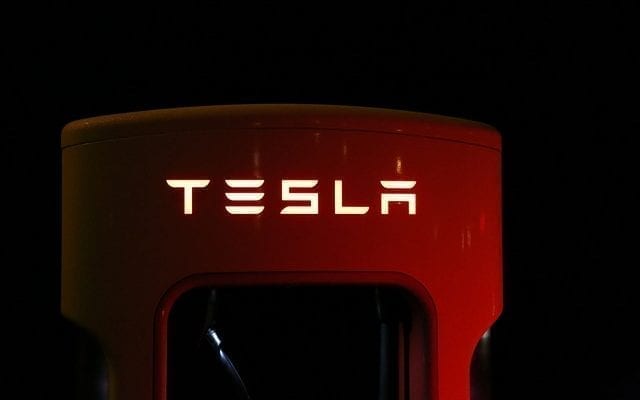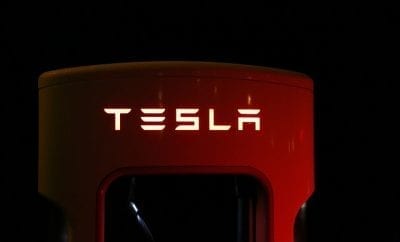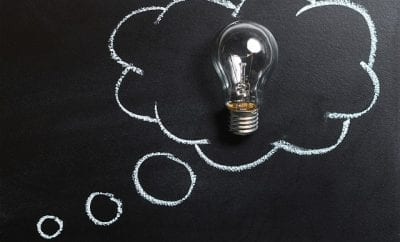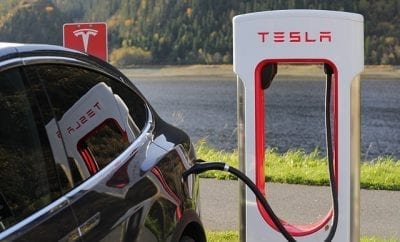
News
Tesla blames autopilot technology fatality on driver
Last month, Apple engineer Walter Huang died in Silicon Valley after his Tesla Model X vehicle crashed into a concrete lane divider while traveling at high speeds. It was determined that the autopilot driver assistance system was engaged at the time. After investigation, Tesla has made it clear that they believe that Huang, not the autopilot system, was responsible for his death while in the Mountain View freeway.
Huang’s family has since hired an attorney to pursue legal action against Tesla. Haung’s wife, Sevonne, said in an on-camera interview with local news station ABC7 that her husband would often complain that the vehicle had a tendency to drift toward barriers while engaged in autopilot. Tesla, however, vehemently denied the claim, instead shifting the blame to Huang himself.

Tesla Model X by Mariordo via CC 2.0
Tesla wrote “We are very sorry for the family’s loss. According to the family, Huang was well aware that autopilot was not perfect and, specifically, he told them it was not reliable in that exact location, yet he nonetheless engaged autopilot at that location.” This explanation was on par with a prior death involving Tesla owner Joshua Brown in 2016, with Tesla emphasizing that autopilot is not a full self-driving system, but rather a driver-assistance program. They warn drivers to keep their hands on the wheel while engaged in autopilot, if any problems arise.
Tesla went on, saying “The crash happened on a clear day with several hundred feet of visibility ahead, which means that the only way for this accident to have occurred is if Mr. Huang was not paying attention to the road, despite the car providing multiple warnings to do so.”
Huang’s family is unhappy with the response by Tesla, with the family’s lawyer saying “It appears that Tesla has tried to blame the victim.”
The response by Tesla is uncommon for a car manufacturer, especially with the situation involving a fatality. With Tesla actively pursuing the argument that they are not at fault for the death of Huang, it is doing little to advance their image in the public’s eye. Nonetheless, Tesla argues that autopilot actually saves lives, according to a 2017 study by the National Highway Transportation Safety Administration. The study concluded that the rate of accidents for autopilot-enabled Tesla vehicles dropped by 40 percent when in use.
Despite this, the National Transportation Safety Board told Tesla that it would be removed from the investigation of this fatal accident, with the hopes of preserving the integrity of its findings. NTSB Chairman Robert Sumwalt passed on the decision via phone call with Tesla CEO Elon Musk, which was described as being tense, with Musk unhappy with the decision.





0 comments